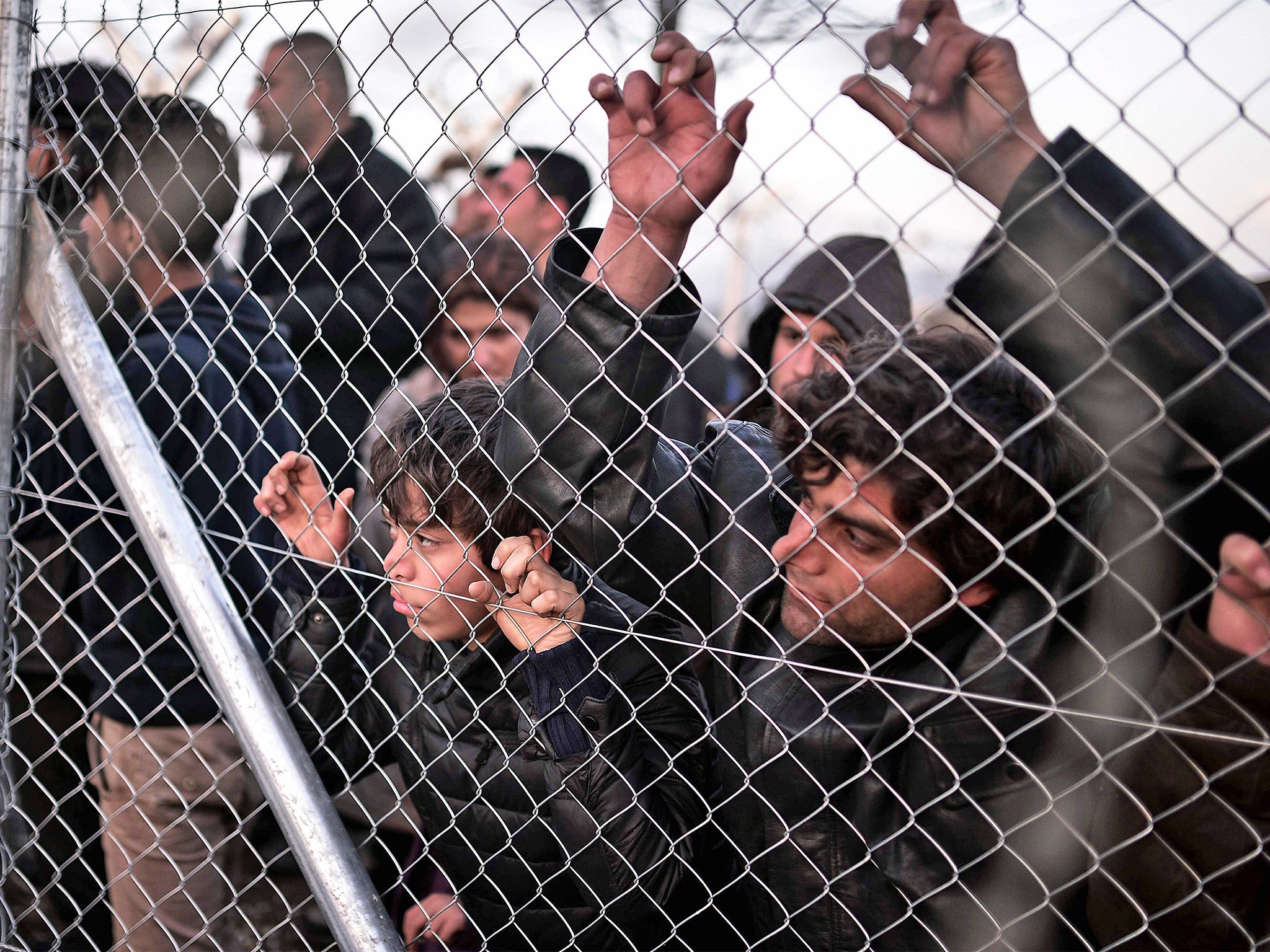Europe on cusp of a 'self-induced humanitarian disaster', UNHCR warns
UNHCR warns of 24,000 refugees who need accommodation in Greece, about 8,500 of them at the border with Macedonia

Your support helps us to tell the story
From reproductive rights to climate change to Big Tech, The Independent is on the ground when the story is developing. Whether it's investigating the financials of Elon Musk's pro-Trump PAC or producing our latest documentary, 'The A Word', which shines a light on the American women fighting for reproductive rights, we know how important it is to parse out the facts from the messaging.
At such a critical moment in US history, we need reporters on the ground. Your donation allows us to keep sending journalists to speak to both sides of the story.
The Independent is trusted by Americans across the entire political spectrum. And unlike many other quality news outlets, we choose not to lock Americans out of our reporting and analysis with paywalls. We believe quality journalism should be available to everyone, paid for by those who can afford it.
Your support makes all the difference.Europe is on the cusp of a “largely self-induced humanitarian disaster”, the United Nations refugee agency has warned, as thousands gathered along Greece’s sealed-off northern border with Macedonia.
The UNHCR said there were 24,000 refugees who needed accommodation in Greece, about 8,500 of them at the border with Macedonia. About 1,500 had spent at least one night in the open this week. In January and February, 131,724 refugees, mainly from Syria and Iraq, landed in Greece, with 410 lives lost so far, the agency said.
The European Commission is expected to propose €700m (£545m) over the next three years for humanitarian aid, mainly for Greece, where most refugees have been landing. It comes in the run-up to a crucial EU summit in Brussels next Monday to agree border and asylum rules.
German Chancellor Angela Merkel says Europe cannot allow Greece to fall into “chaos”, but she is facing opposition from Austria and Balkan countries, who have closed their borders, in effect ring-fencing Greece, and creating a bottleneck of refugees heading northwards.
Meanwhile, in a blow to Germany’s refugee relocation plans, the EU’s top court ruled on 1 March that asylum seekers could not be moved across the region to spread the burden of social welfare payments.
Join our commenting forum
Join thought-provoking conversations, follow other Independent readers and see their replies
Comments